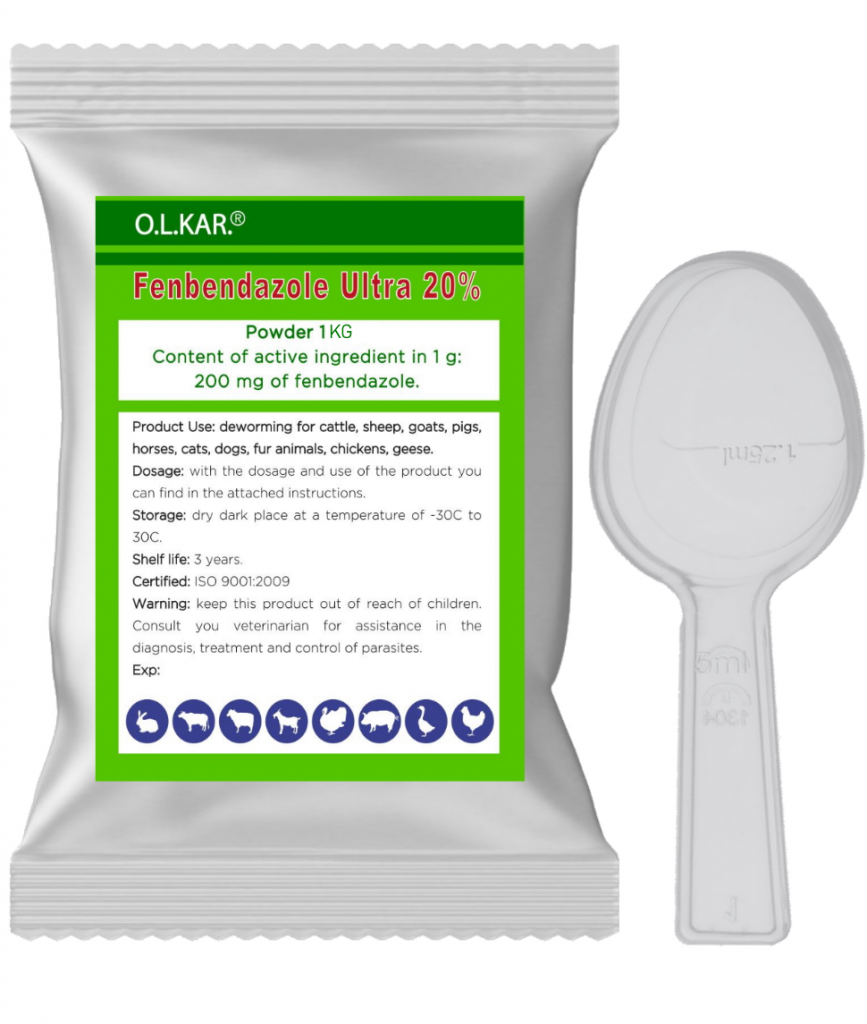If you use woodworking tools, it’s important to know the size of screws you need. It determines what they will anchor to and can impact how strong you
If you use woodworking tools, it’s important to know the size of screws you need. It determines what they will anchor to and can impact how strong your project will be.
Unlike nails, which may come loose over time, screws offer more stability and a long-lasting hold. Screw sizes are listed in a system that is similar to the metric system.
Diameter
Screws come in a wide range of sizes for use in various construction tasks. Choosing the wrong size can split wood or impact the structural integrity of a building. But knowing the basics of screw size will help you choose the best screws for your next project.
The first number in a screw size chart refers to the diameter of the thread. The second number, often separated by a hyphen, refers to the number of threads per inch on the screw’s shaft. The last number indicates the length of the screw, which may be stated as a standard or metric unit.
The diameter of a screw’s head is approximately double the shank diameter. This is true for both imperial and metric screws. As a result, it is easy to calculate the gauge (imperial) of a screw from its head size and the diameter of its shaft. For example, a #4 screw has a head diameter of about 14 inch and a shaft diameter of about 12 inch.
Pitch
All screws have threads (or helixes), and the distance between two adjacent thread peaks is called the pitch of the screw. Some screws have a coarse pitch while others have a fine thread pitch. The different pitches can make it difficult to find the correct screw for a project when only the diameter and length are known.
The easiest way to determine the pitch of a screw is by measuring with a pitch gauge. A caliper is also useful, but it may be harder to get an accurate measurement with a fine thread. Measuring the distance between two adjacent thread peaks will help you determine the pitch of the screw, and knowing the number of threads per inch or TPI will help you calculate the major diameter, Dmaj, and the lead, L. The lead of a screw is the distance that it travels in one complete revolution, and the lead and pitch are equal for single start screws.
Length
Choosing the right screw size is crucial to your project’s success. Screws that are too short cannot securely hold materials together, while those that are too long can cause material damage and potentially protrude from the substrate, posing safety risks.
To ensure that your screws are the correct length, look at their sizing chart. Length is typically the third number listed in a sizing chart and comes after the diameter and threads per inch. A sizing chart may also include the screw head type and shaft diameter.
The last number to consider is the tolerance class, which indicates how tight or loosely the screw fits into its substrate. This is indicated by a letter (A, B or L) followed by the number, with size 1 screws fitting loosely and size 5 screws fitting tightly. Some screw sizes may also be labeled as left-handed, which is specified by an LH symbol.
Threads per inch
While thread diameter and pitch are the most common measurement parameters of screw sizes, another important factor to consider is how dense or spaced the threads are. This is referred to as the threads per inch (TPI) or thread pitch and it can be measured with a screw pitch gauge.
The TPI is calculated by counting the number of thread peaks within a one-inch length of the screw. The higher the TPI, the closer together the threads are. For example, a screw with a TPI of 20 has very close-together threads while a screw with a TPI of 30 has more space between the threads.
Depending on your application, you may need either coarse or fine threads. MISUMI carries both imperial and metric fasteners with various thread pitches so be sure to check out our comprehensive selection here.5/8 to mm

COMMENTS